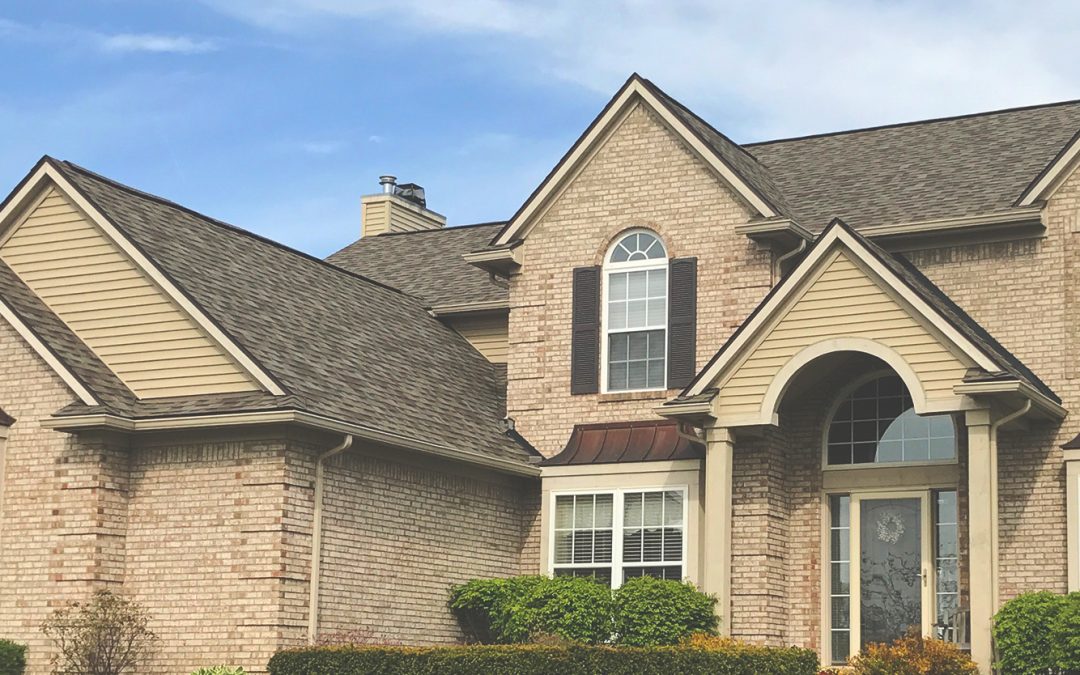A roofing warranty is a crucial aspect of any roofing project, providing homeowners with peace of mind and financial protection in the event of unforeseen issues or defects. However, navigating the complexities of roofing warranties can be challenging, as they vary widely in terms of coverage, duration, and exclusions. In this article, we’ll explore the key components of roofing warranties, what’s typically covered, and what’s not, empowering homeowners to make informed decisions when selecting roofing materials and contractors.
Types of Roofing Warranties:
- Manufacturer’s Warranty: A manufacturer’s warranty, also known as a material warranty, covers defects in the roofing materials themselves, such as shingles, underlayment, and flashing. These warranties are typically provided by the manufacturer of the roofing products and vary in duration, ranging from 10 years to a lifetime, depending on the quality and type of materials. Manufacturer’s warranties may cover issues such as manufacturing defects, premature deterioration, and color fading.
- Workmanship Warranty: A workmanship warranty, also known as an installation warranty or contractor warranty, covers defects in the installation of the roofing system. This type of warranty is provided by the roofing contractor and guarantees that the installation was performed according to industry standards and manufacturer specifications. Workmanship warranties typically range from one to ten years and cover issues such as improper installation, leaks, and structural defects.
What’s Covered:
- Material Defects: Manufacturer’s warranties typically cover defects in the roofing materials themselves, such as manufacturing defects, premature deterioration, and product failure. Common issues covered by material warranties include shingle delamination, granule loss, cracking, blistering, and premature aging.
- Workmanship Errors: Workmanship warranties cover defects in the installation of the roofing system, ensuring that the roofing contractor installed the materials correctly and according to industry standards. Covered issues may include improper flashing installation, inadequate ventilation, poor roof deck preparation, and incorrect shingle placement.
- Leak Protection: Many roofing warranties include provisions for leak protection, guaranteeing that the roofing system will remain watertight and free from leaks for a specified period. If a leak occurs within the warranty period, the manufacturer or contractor is typically responsible for repairing the issue at no additional cost to the homeowner.
What’s Not Covered:
- Normal Wear and Tear: Roofing warranties typically do not cover damage caused by normal wear and tear, including weathering, aging, and gradual deterioration over time. While roofing materials are designed to withstand the elements, they will naturally degrade over the years due to exposure to sunlight, moisture, and temperature fluctuations.
- Acts of Nature: Most roofing warranties exclude coverage for damage caused by acts of nature, such as storms, hurricanes, tornadoes, earthquakes, and other natural disasters. Homeowners may need to purchase additional insurance coverage or rely on their homeowner’s insurance policy to cover repairs or replacements resulting from severe weather events.
- Improper Maintenance: Roofing warranties often require homeowners to perform regular maintenance, such as cleaning gutters, removing debris, and inspecting for damage, to remain valid. Failure to maintain the roof properly may void the warranty and leave homeowners responsible for repair costs.
- Unauthorized Repairs or Modifications: Roofing warranties may become void if unauthorized repairs or modifications are made to the roofing system by unqualified individuals. Homeowners should always consult with the manufacturer or contractor before making any alterations to the roof to ensure that warranty coverage is not jeopardized.
In conclusion, understanding the terms and conditions of roofing warranties is essential for homeowners to protect their investment and ensure their peace of mind. By familiarizing themselves with what’s covered and what’s not, homeowners can make informed decisions when selecting roofing materials, contractors, and warranty options. It’s important to carefully review the warranty documentation provided by the manufacturer and contractor, ask questions, and seek clarification on any terms or exclusions before signing any agreements. With a clear understanding of their roofing warranty coverage, homeowners can enjoy long-lasting protection and confidence in the durability and performance of their roof.


Recent Comments